06.03.2022/XNUMX/XNUMX / Tips & things worth knowing
Combine volunteering with language course
You can communicate in English, Spanish or French in most RGV countries of operation. But in addition to these languages, communication is of course often predominantly in the respective local language. Knowing the local language makes it a lot easier for you to respond to the needs of your target group. A language course can therefore be the key to the maximum success of your volunteer work!
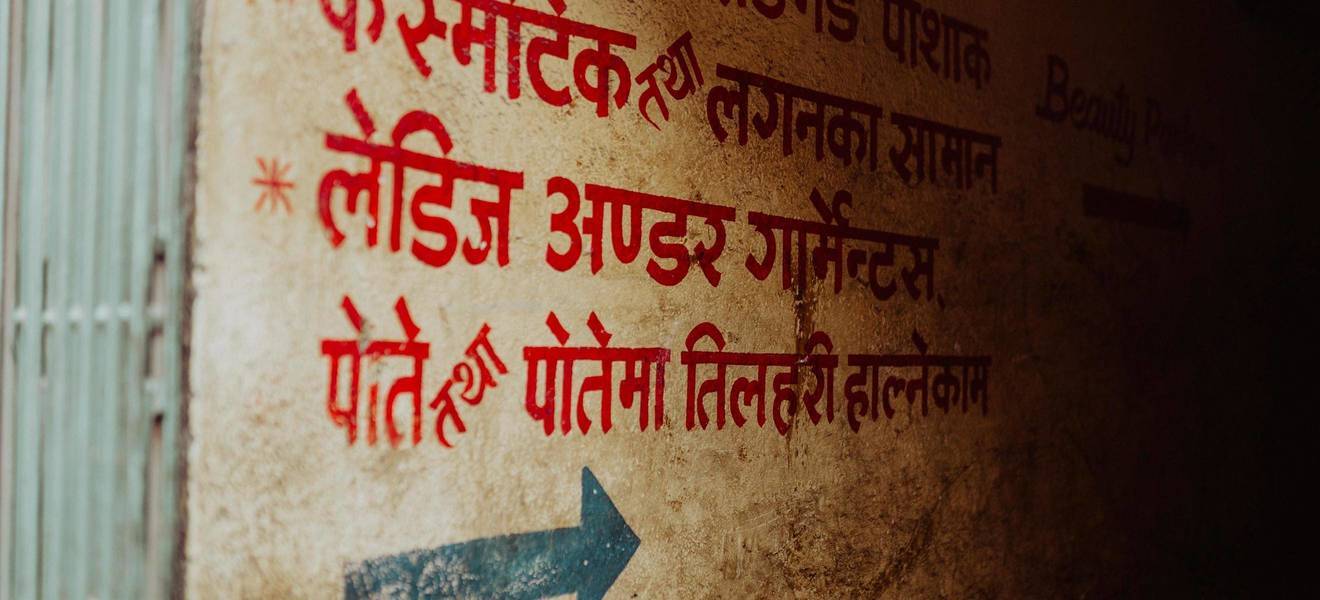
Swahili, Sinhala, Afrikaans, Thai, Bantu languages, Spanish or Nepali ...
RGV offers you the chance, in addition to your project, to do a Language course in the national language zu absolvieren, d.h. du kannst Freiwilligenarbeit weltweit mit einem entsprechenden Sprachkurs kombinieren. Denn erst die Sprache ermöglicht, was sich viele Volunteers wünschen: Sich voll und immerse yourself in the local culture can!
Our language teachers on site
The language courses, for which you can register in addition to your project, are conducted by our on-site team members or professional language teachers. Depending on the number of volunteers, the course will take place in Individual or group lessons instead of. It is best to arrange the start of the course or the first lesson dates with your language teacher shortly after your arrival.
A language course usually ends 10 x 45 minutes together, but there are also deviations depending on the location. We recommend that you take the lessons at the beginning of your stay. So you can get off to a good start in your project right from the start. It is also possible to extend the language course if you wish.
Learn Nepali, Swahili, Spanish or Luganda with RGV!
In addition to our range of language courses in local languages such as Ewe, Fante, Twi (all Ghana), Swahili, French, Spanish, Nepali, Thai, you can also English skills refreshed with an English course (e.g. in South Africa). You can find more information about the language courses available at your location in the respective project description.
Why learn a local language? - Your access to a foreign culture
It doesn't matter if you Volunteering or a Internship in Ghana, Thailand, Uganda, Spain or Nepal - the people in your target country will be happy if you show them profound interest and communicate with them in their local language. Try it out - whether at the weekly market or strolling through town - try to pick up new words or get involved in a conversation. The best way to learn a language is to use it. So don't be shy!
By learning the language you dive into the diverse culture of the destination country and get one better access to people. Without any knowledge of the language, a lot will remain hidden from you. The language is an integral part of the culture. Knowing a few basics of the local language will give the public the impression that you are open-minded and respectful of this culture. One thing is for sure: if you already speak a few sentences of the local language, you will not only be perceived by the population as a tourist!
It's about trying, what matters ...
Basically, the rule of thumb is: No one expects you to have perfect knowledge of the local language. But one "Hello" or "Goodbye" in the national language is guaranteed to be answered with a smile from your counterpart. This way you will make first contacts with locals.
Especially when learning a new language, nobody is safe from bad luck. But you will see - the majority of people will react positively to your first language attempts. And if you should slip out of a slip of the tongue, who makes someone laugh in your country of employment, then remember: All people laugh in the same language!
More projects that interest you could
Have you not yet discovered a suitable program for your time abroad? No problem, we will present you more Volunteer projects abroadthat might pique your interest.
Are you perhaps still at the beginning of thinking about your trip and have no idea what might be right for you? Whether you want to go abroad as a volunteer for a short time, or if you prefer FSJ up to 12 months abroad afford? Maybe there is one Internship abroad in a specific subject area the best way for you to gain experience abroad?
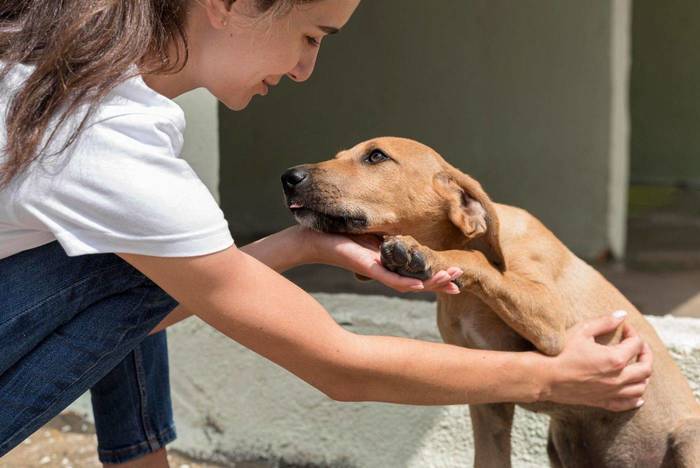
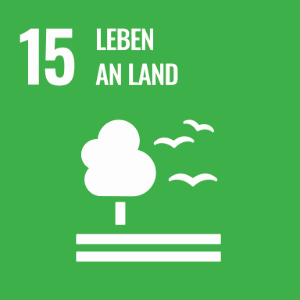
Spain | dogs & cats
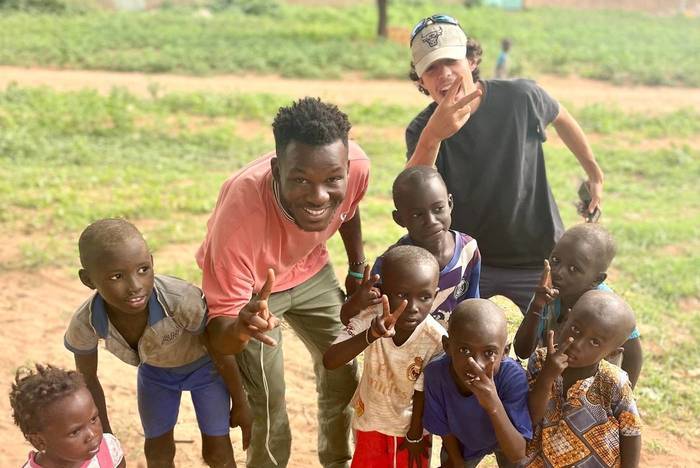
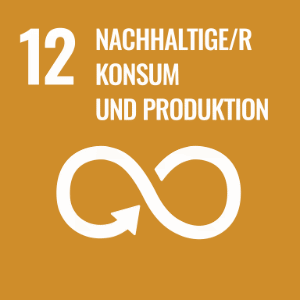
Senegal | farm work
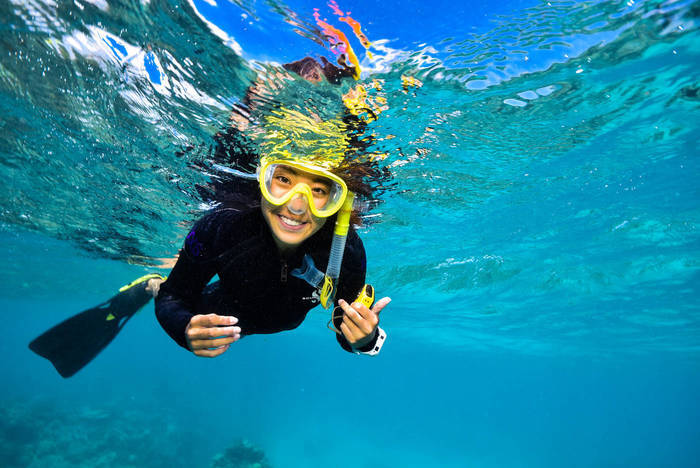
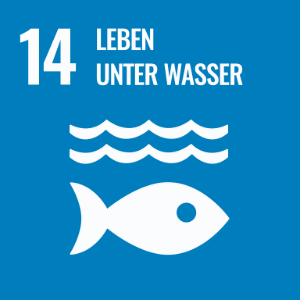
Australia | marine protection
